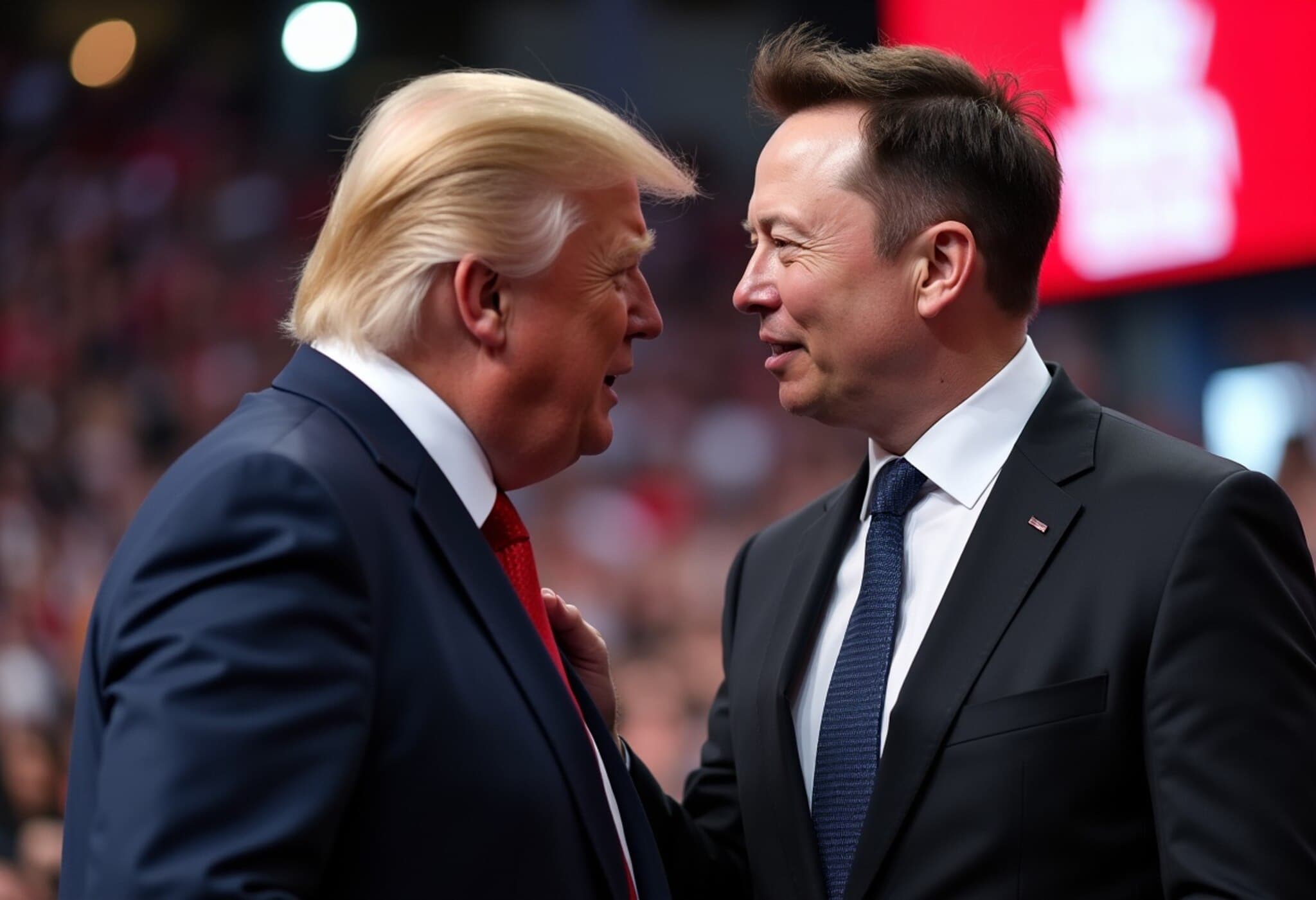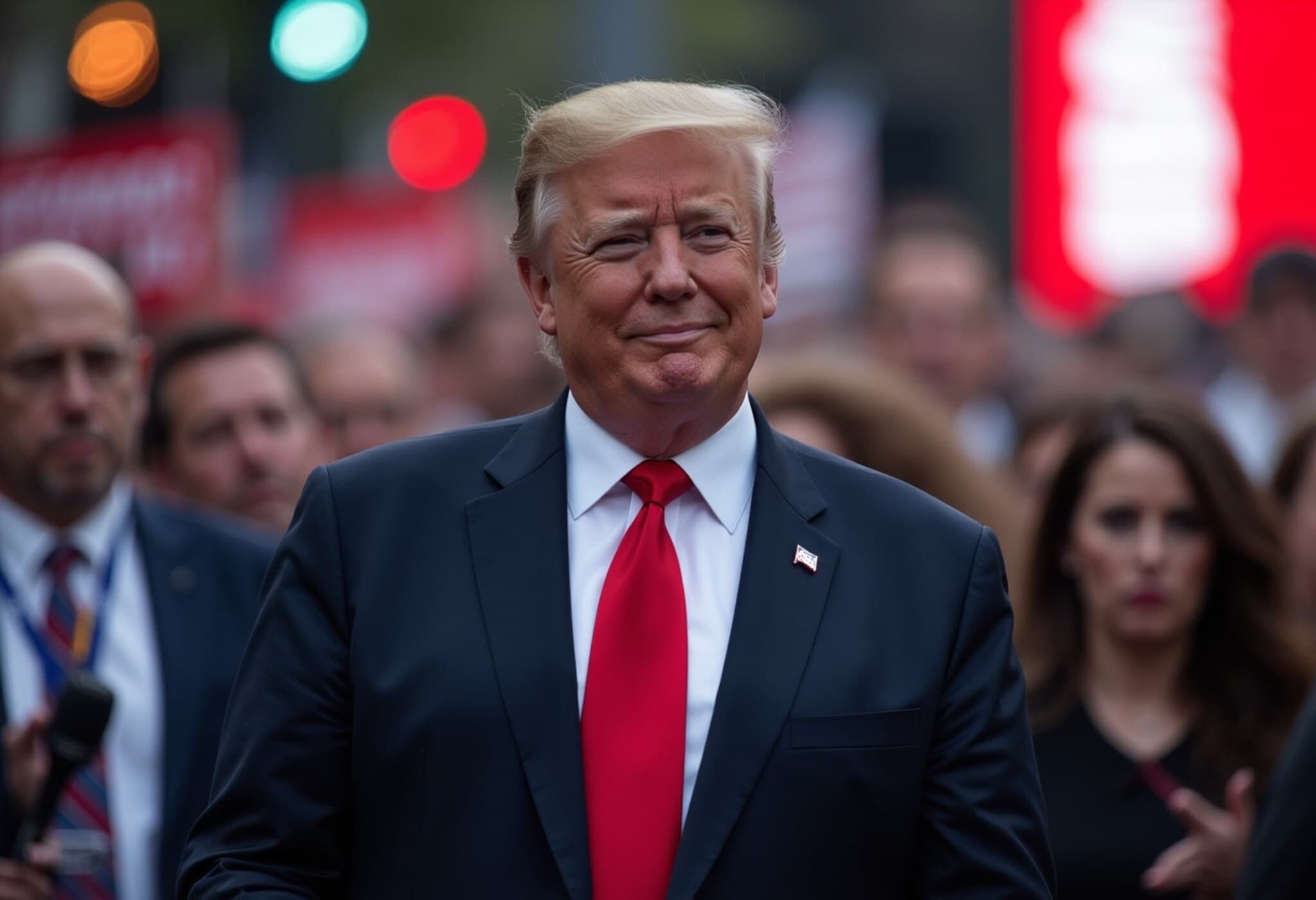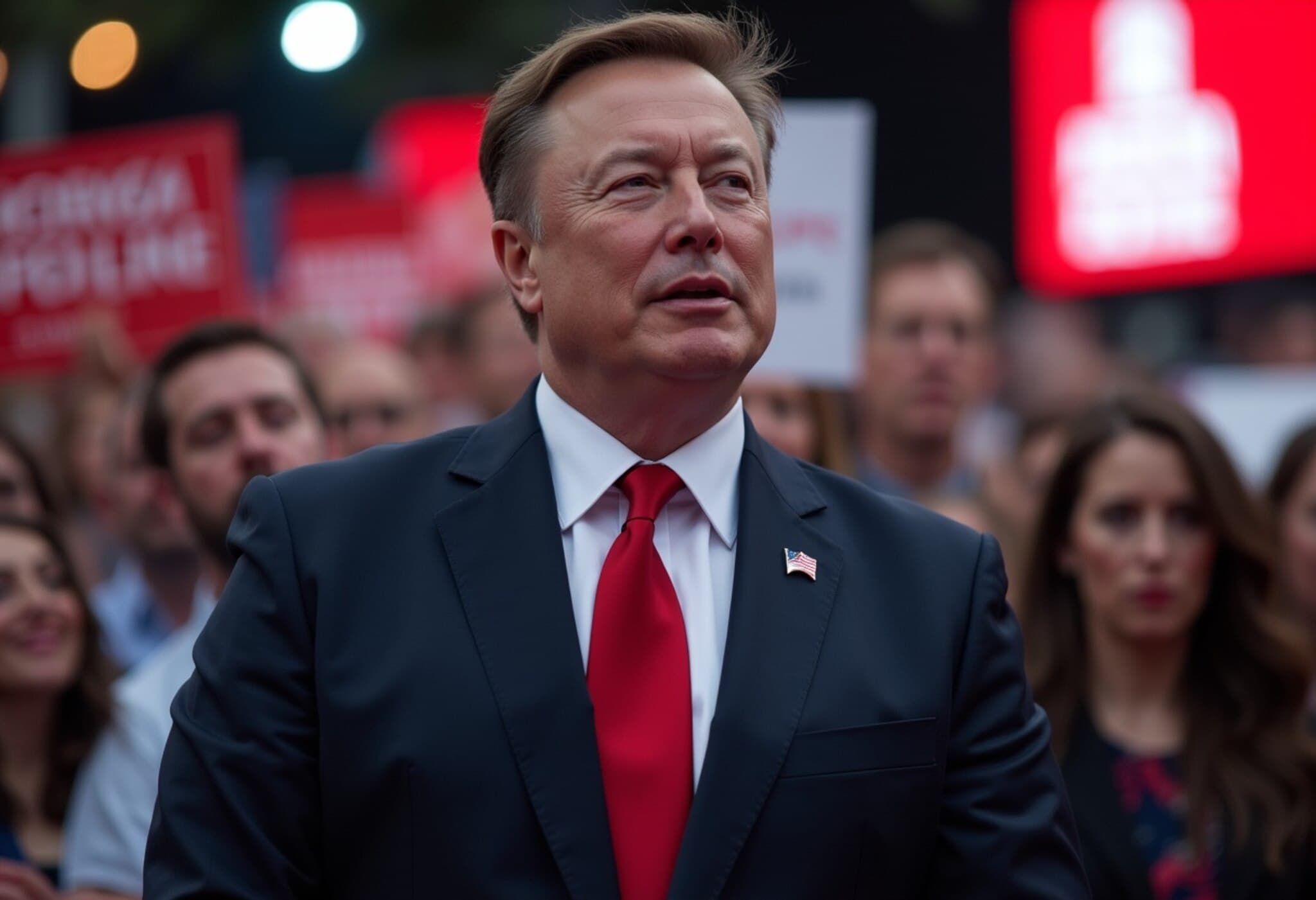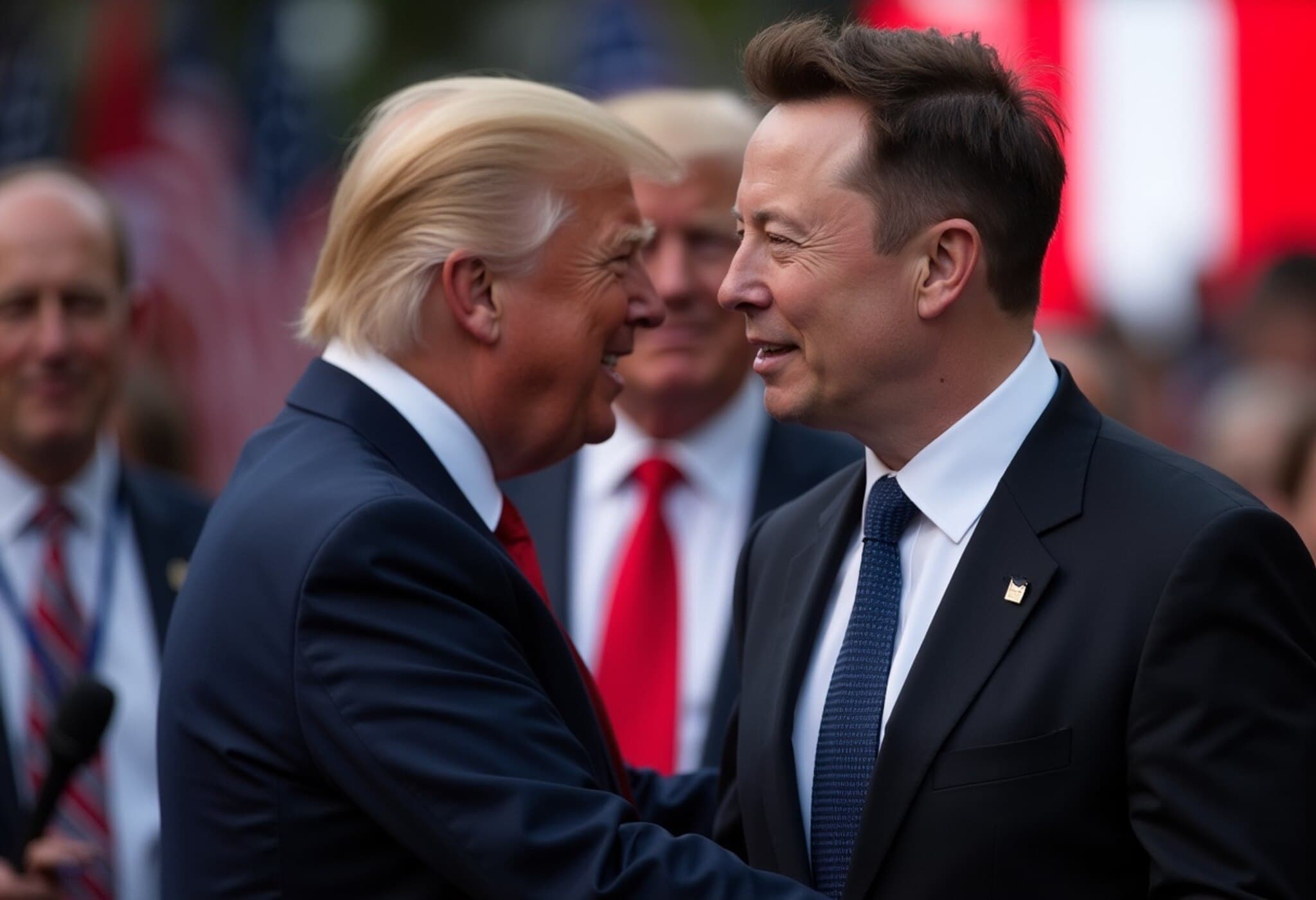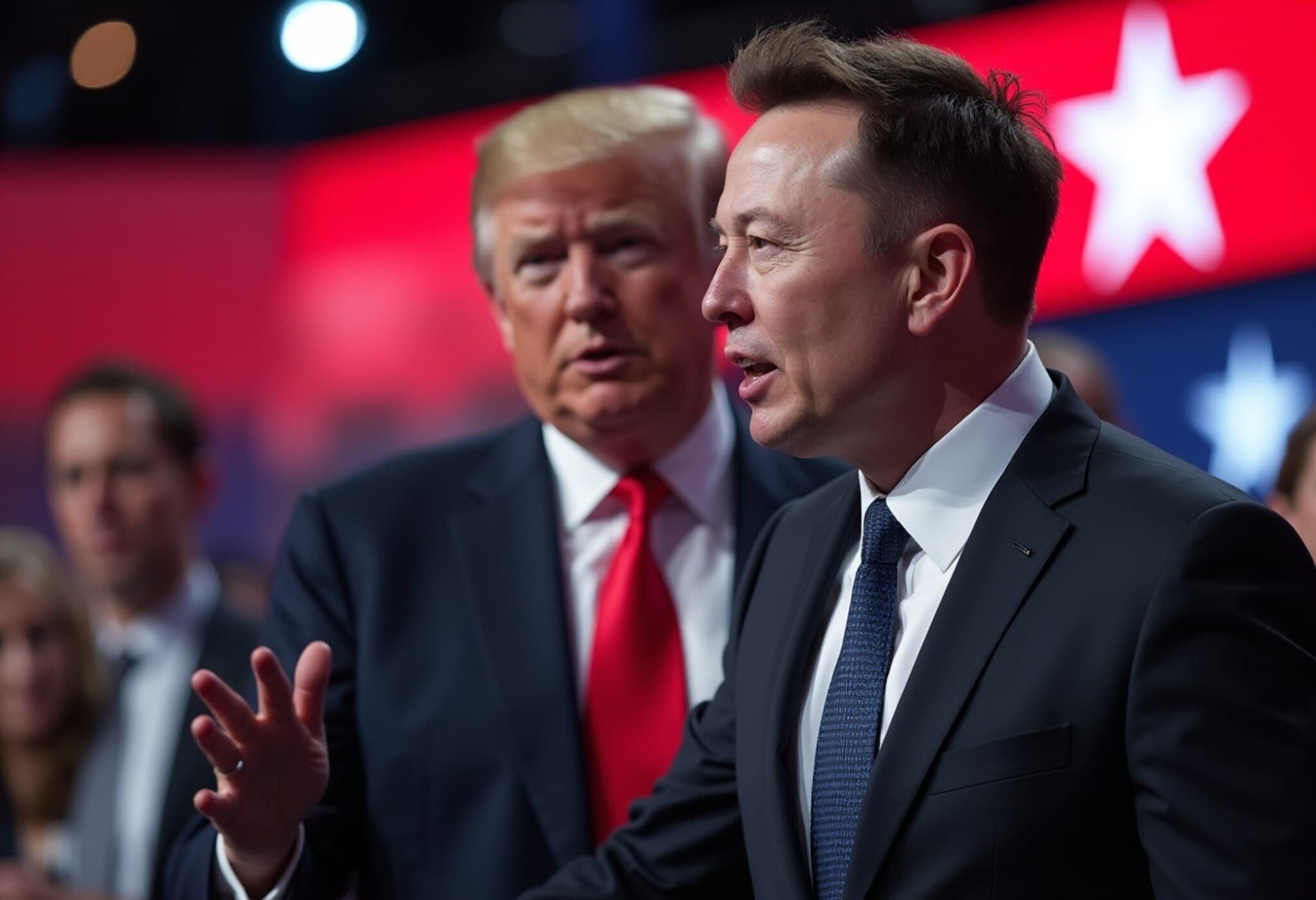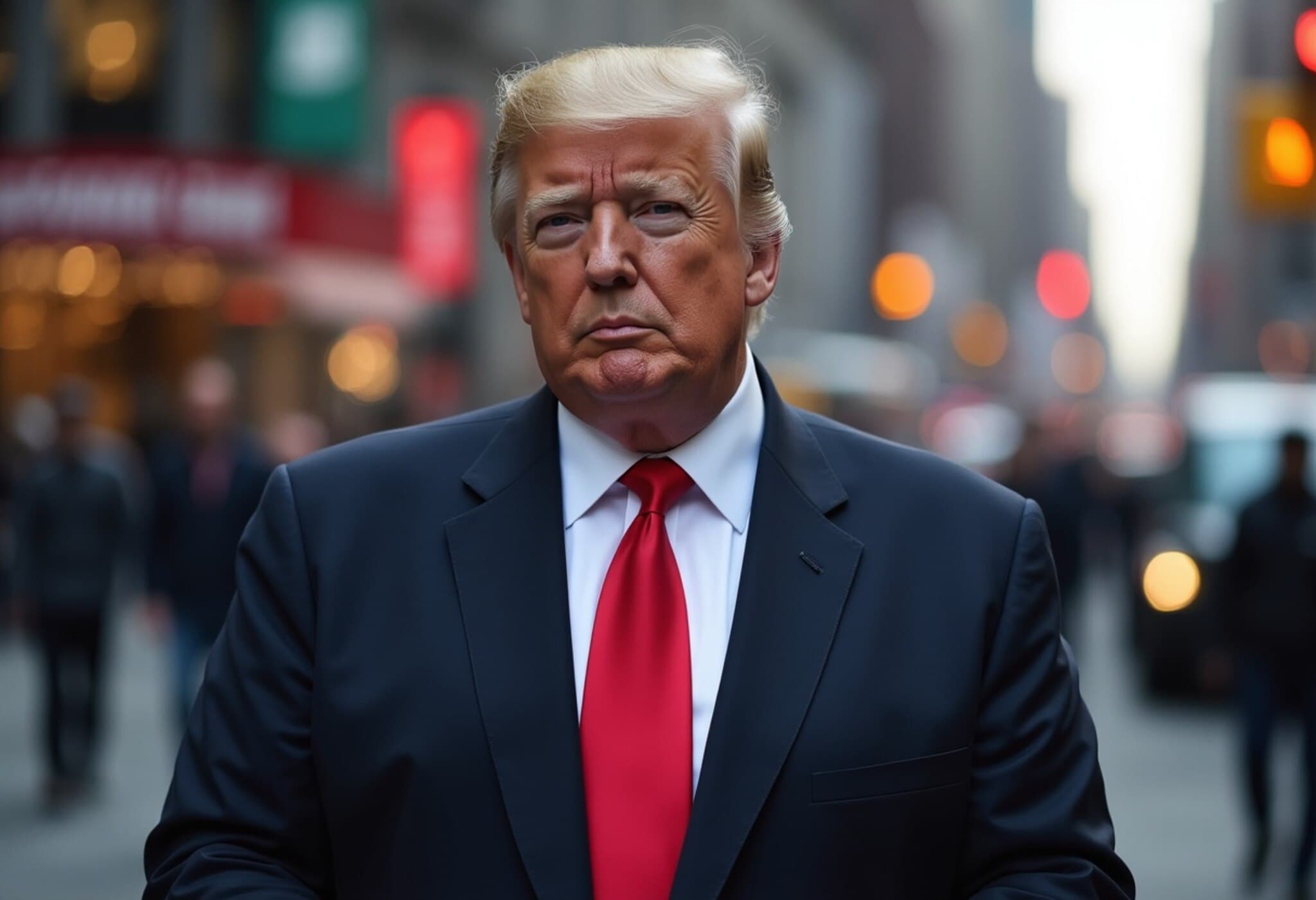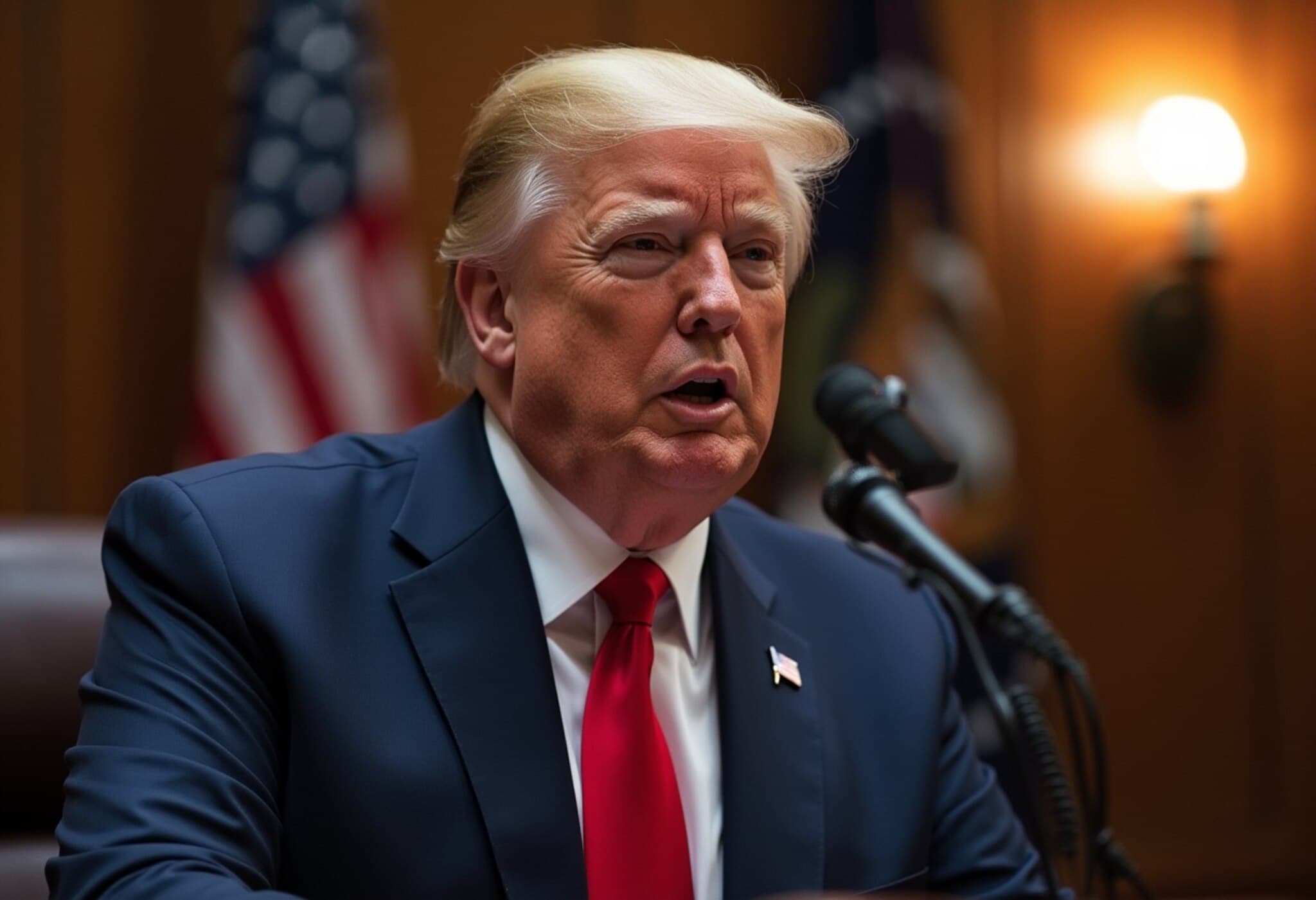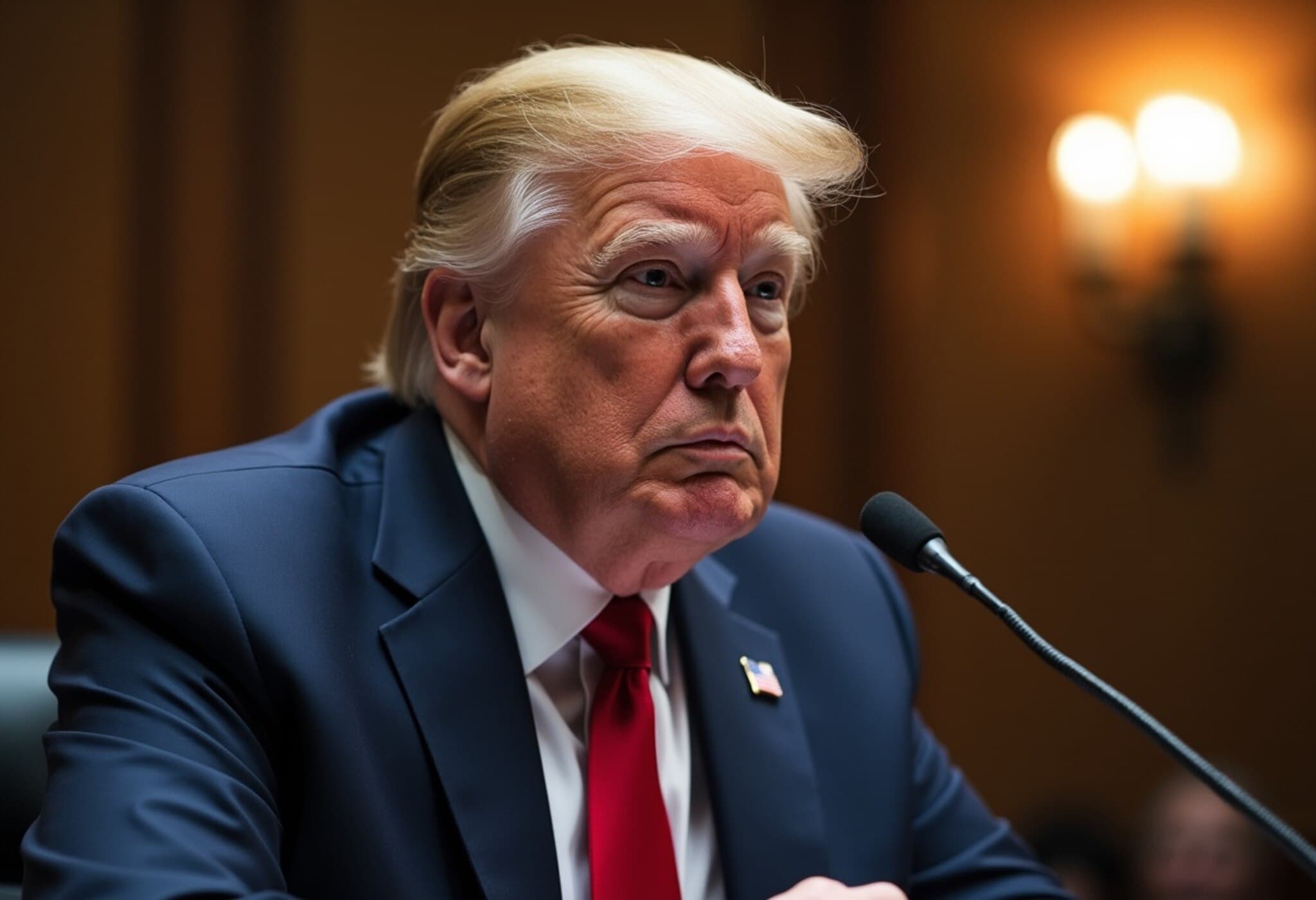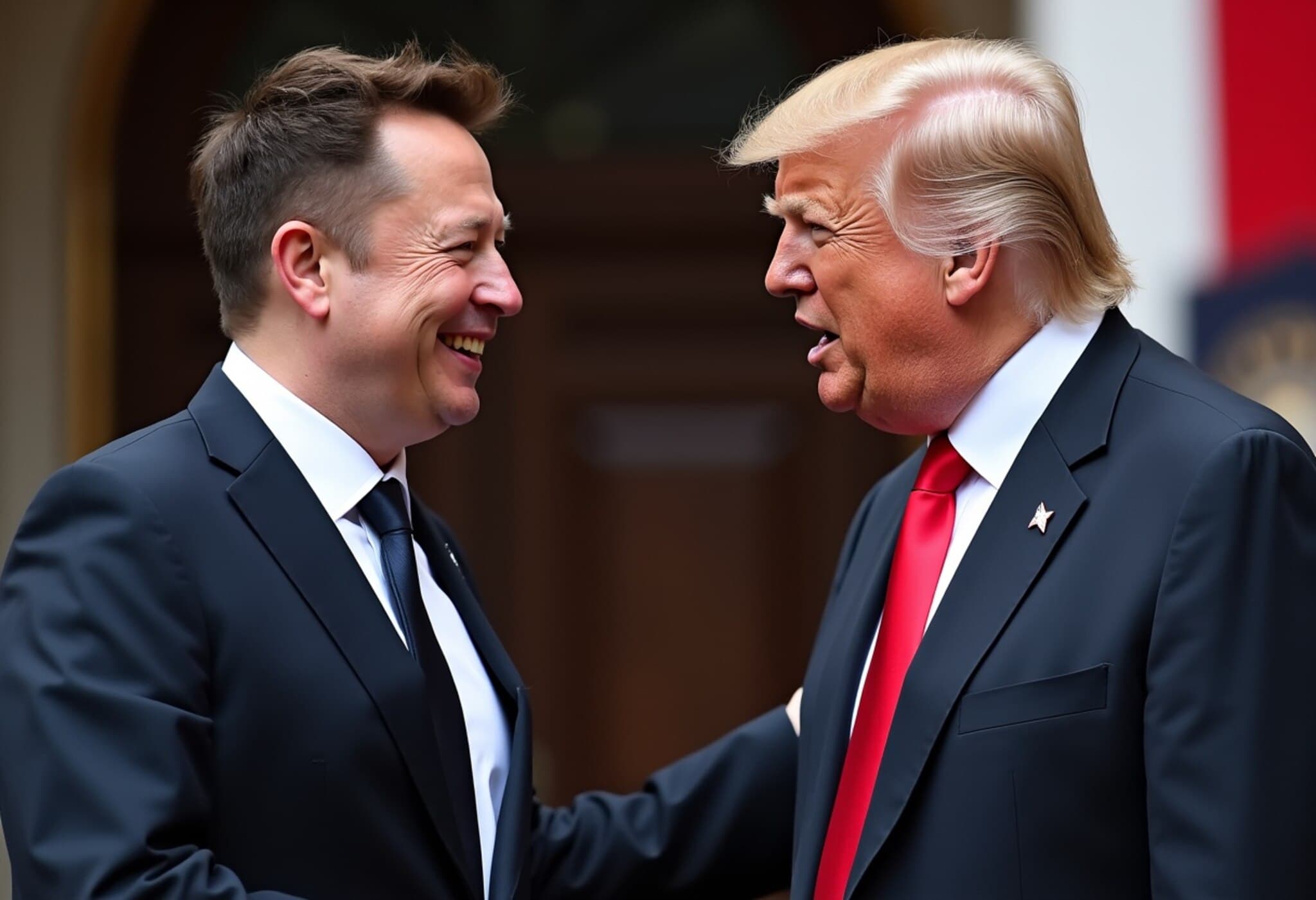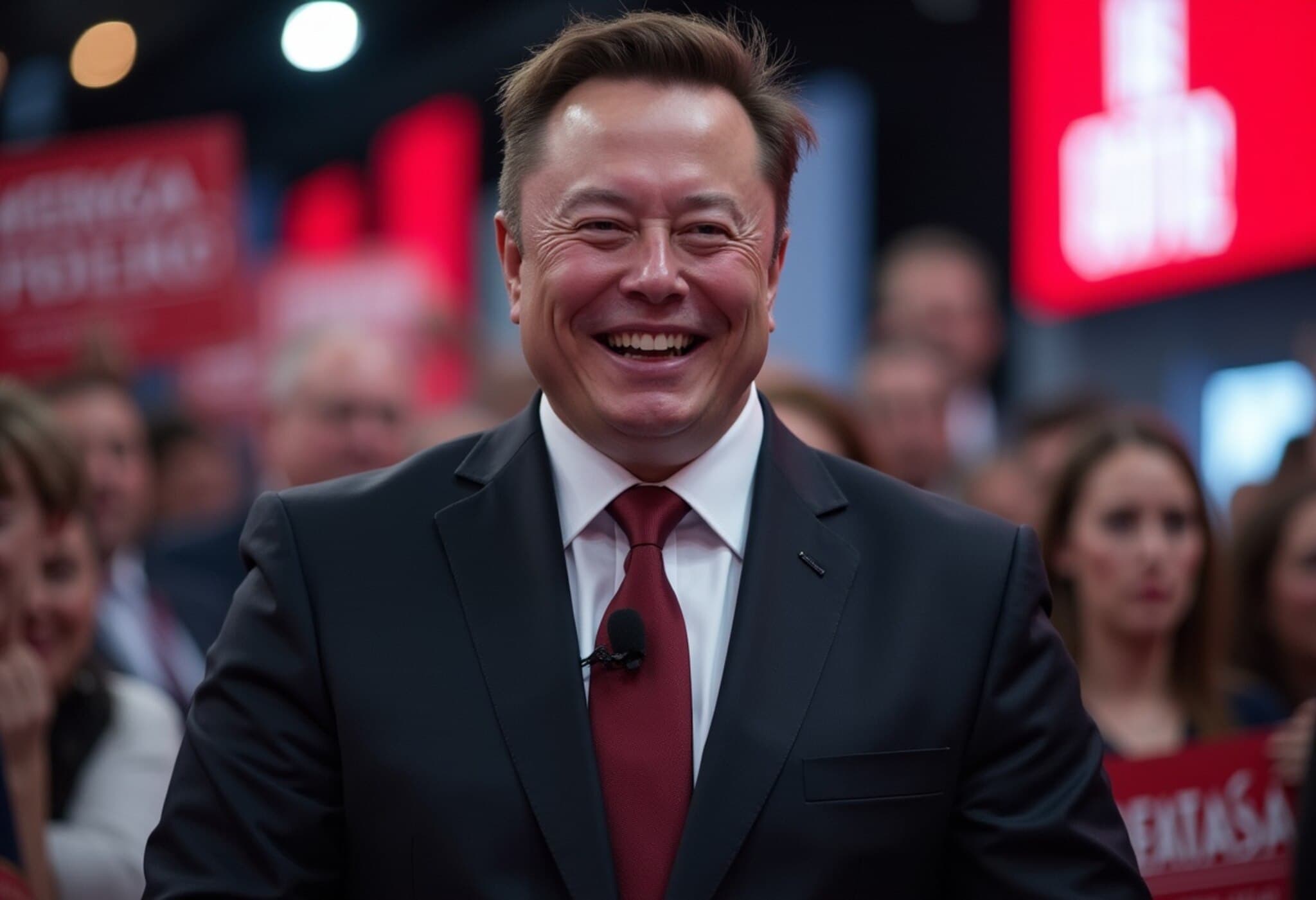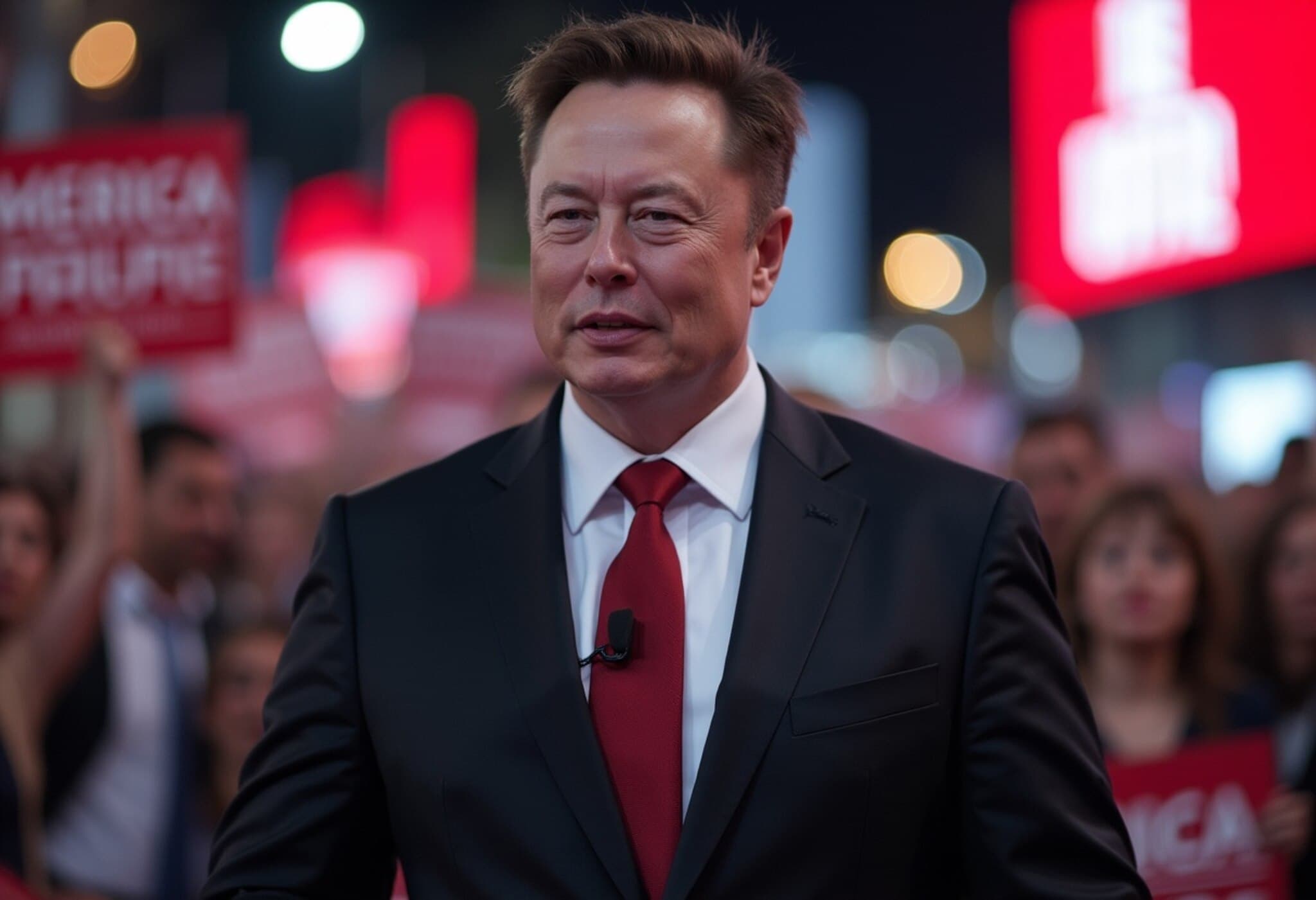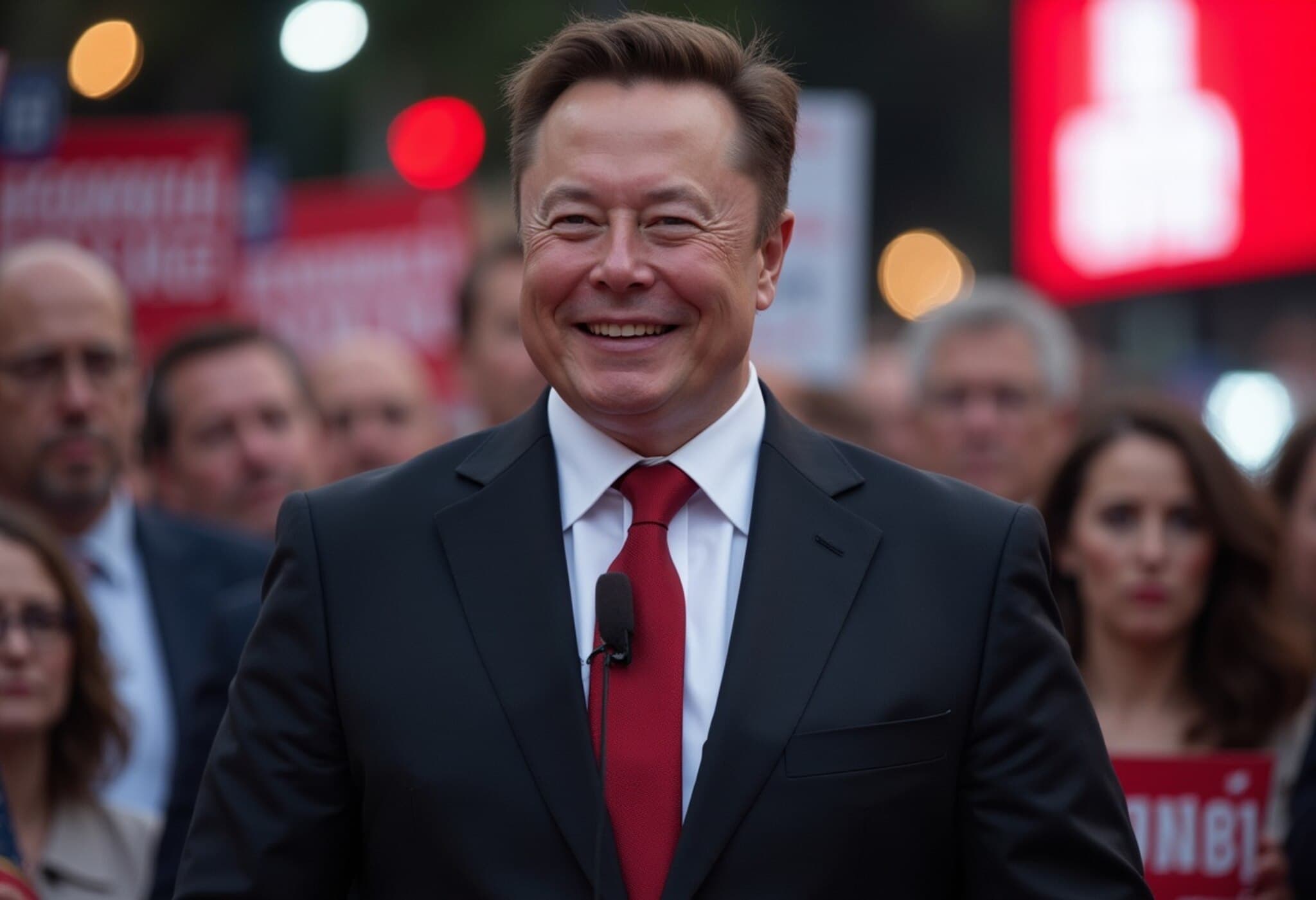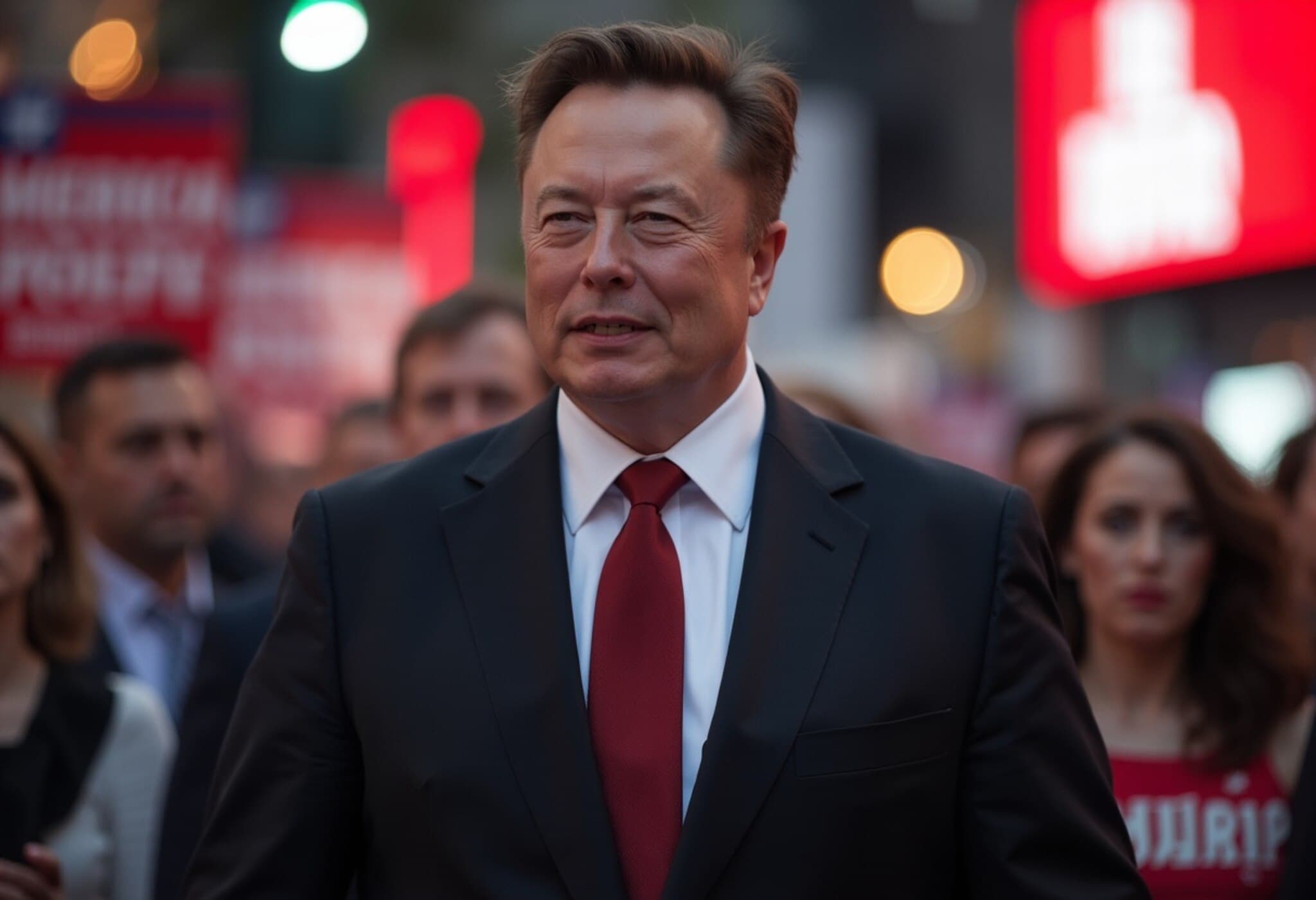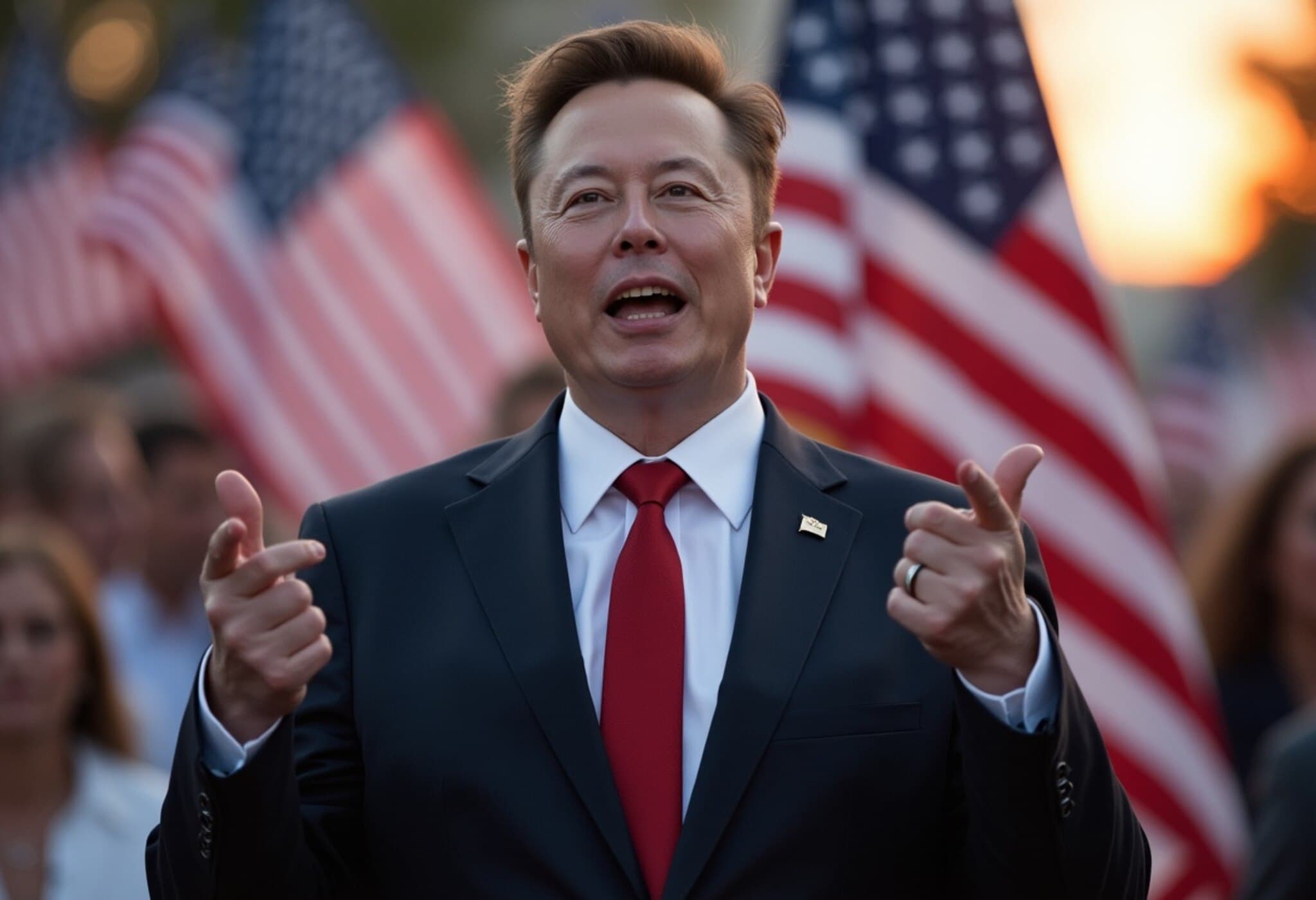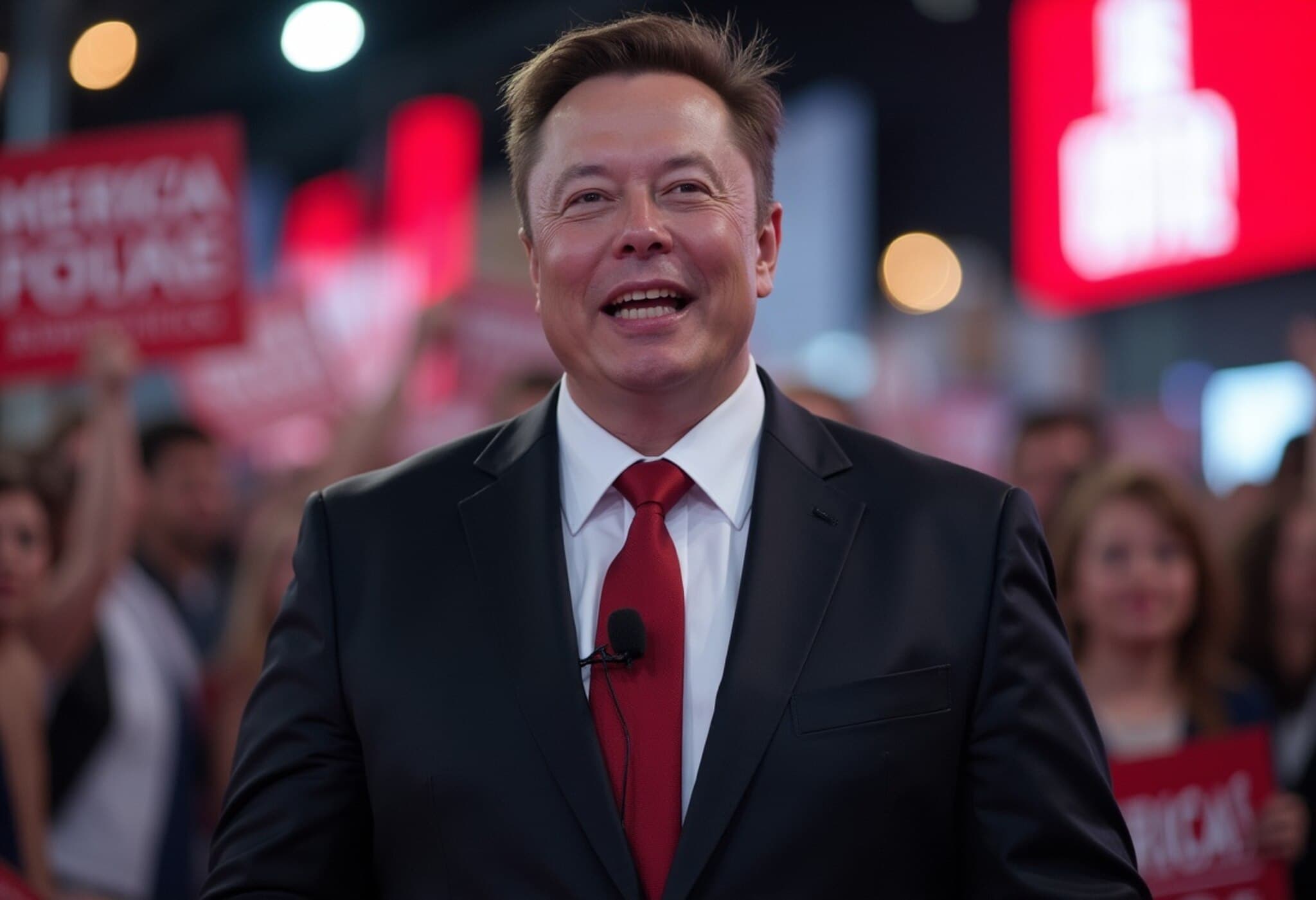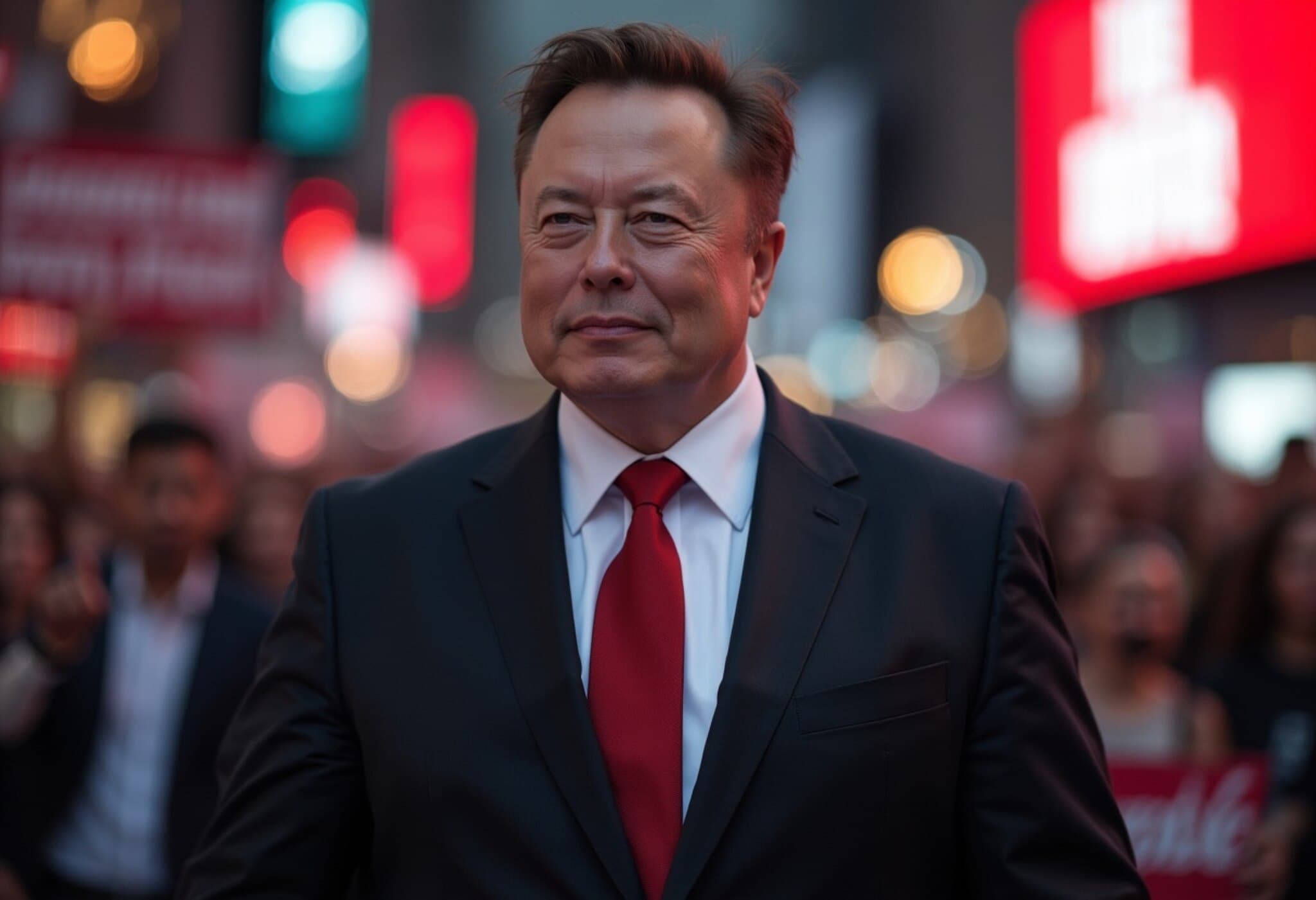Elon Musk Responds to Trump’s Criticism Over the America Party
In an increasingly public showdown between two of America’s most polarizing figures, Elon Musk did not hold back after former President Donald Trump dismissed Musk’s newly launched America Party as “ridiculous.” The tech mogul, who owns Tesla and the social media platform X, delivered a sharp retort, taking a jab at Trump’s own social media venture, Truth Social, candidly admitting he had “never heard of it” — a quip viewers found particularly spicy given Musk’s prior activity on that platform.
The Escalating Feud: From Allies to Adversaries
This latest exchange underscores the collapse of what once seemed a strategic alliance. On Sunday, Trump harshly criticized Musk’s America Party, referring to Musk as a “train wreck” and ridiculing the party’s potential. Musk’s response on X was as pointed as it was dismissive:
“What’s Truth Social? Never heard of it.”
He followed this by emphasizing the need for a political alternative to the existing Republican-Democrat “Uniparty,” framing the America Party as the answer to America’s fractured political landscape.
Drawing Inspiration from Literature
Musk, known for his cultural references, quoted a line from Frank Herbert’s classic sci-fi series Dune: “Fear is the mind-killer. Fear is the little death that brings total obliteration.” This highlighted his disdain for political fearmongering and underlined his determination to carve out a new path.
America Party’s Ambitious Political Agenda
Announcing the formation of the America Party on X, Musk criticized the longstanding dominance of the two-party system, which he claims functions more like a single-party system rife with wasteful spending. His critique of Trump’s tax and spending bill was particularly harsh — labeling it the “One Big Beautiful Bill” sarcastically, highlighting concerns about its economic impact.
According to estimates from the Congressional Budget Office, Trump’s legislation could swell the US deficit by $3.3 trillion by 2034. The bill’s structure includes significant tax cuts for the wealthy and reductions in welfare programs, threatening to leave millions of Americans vulnerable without critical health coverage.
Political Fallout: Disputes Turn Personal
The relationship between Musk and Trump visibly deteriorated after Musk’s departure from the Department of Government Efficiency (DOGE) in May and his public criticism of Trump’s spending plans. In retaliation, Trump threatened to explore deportation proceedings against Musk — a move underscored by Musk’s South African roots — and intimated possible government contract cuts for Musk’s companies like SpaceX.
A Focus on Congressional Power
Despite the escalating attacks, Musk reassured supporters that the America Party is far from a vanity project. His immediate goal is to influence key races in the House and Senate over the next year to secure enough legislative sway to drive meaningful reforms.
“Backing a candidate for president is not out of the question,” Musk said. “But the focus for the next 12 months is on the House and the Senate. What the heck was the point of DOGE if he’s just going to increase the debt by $5 trillion?”
Public Sentiment and Political Realignment
Musk circulated a poll on X asking users if they favored breaking away from the entrenched two-party system. The results were telling: approximately two-thirds of voters supported the idea, signaling widespread discontent with traditional political structures.
Curiously, Musk previously showed support for Trump by funding his presidential campaign, particularly following two assassination attempts on Trump the prior year, highlighting the dramatic reversal in their relationship.
Expert Take: What This Feud Means for American Politics
This high-profile clash between Musk and Trump reveals much about the shifting dynamics within U.S. politics. Musk’s America Party aims to disrupt the billionaire-driven bipartisan consensus perceived by many as dysfunctional and disconnected from everyday Americans. Yet, the question remains: can a party centered around a celebrity entrepreneur pivot from tech disruption to political disruption?
From a policy perspective, Musk’s criticism of bloated deficits and welfare cuts touches on core debates about fiscal responsibility and social safety nets. Meanwhile, Trump’s aggressive countermeasures signal how deeply political disputes can affect business, national security considerations, and the intertwining of corporate and governmental interests.
As the 2024 election cycle looms, observers should watch for whether Musk’s venture can harness voter frustration into tangible political power, or if it will simply become another chapter in the polarized spectacle fueling American partisanship.
Summary: A Feud Reflecting Wider Political Frustrations
- Musk’s America Party challenges the entrenched two-party system.
- Trump dismisses the party and threatens Musk personally and professionally.
- Economic stakes are high with debates over multitrillion-dollar deficits and tax policy.
- Public polls indicate strong appetite for political alternatives.

